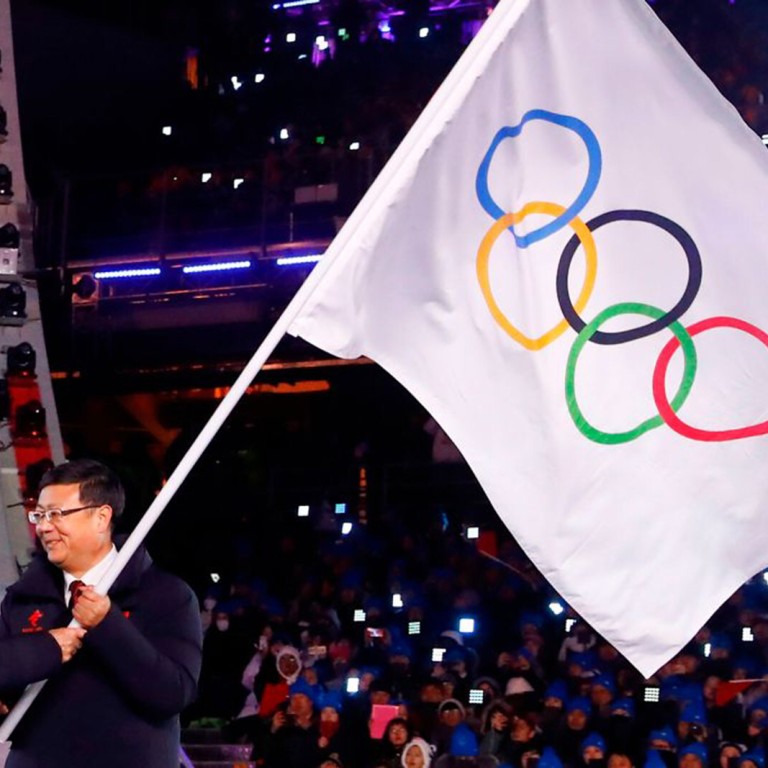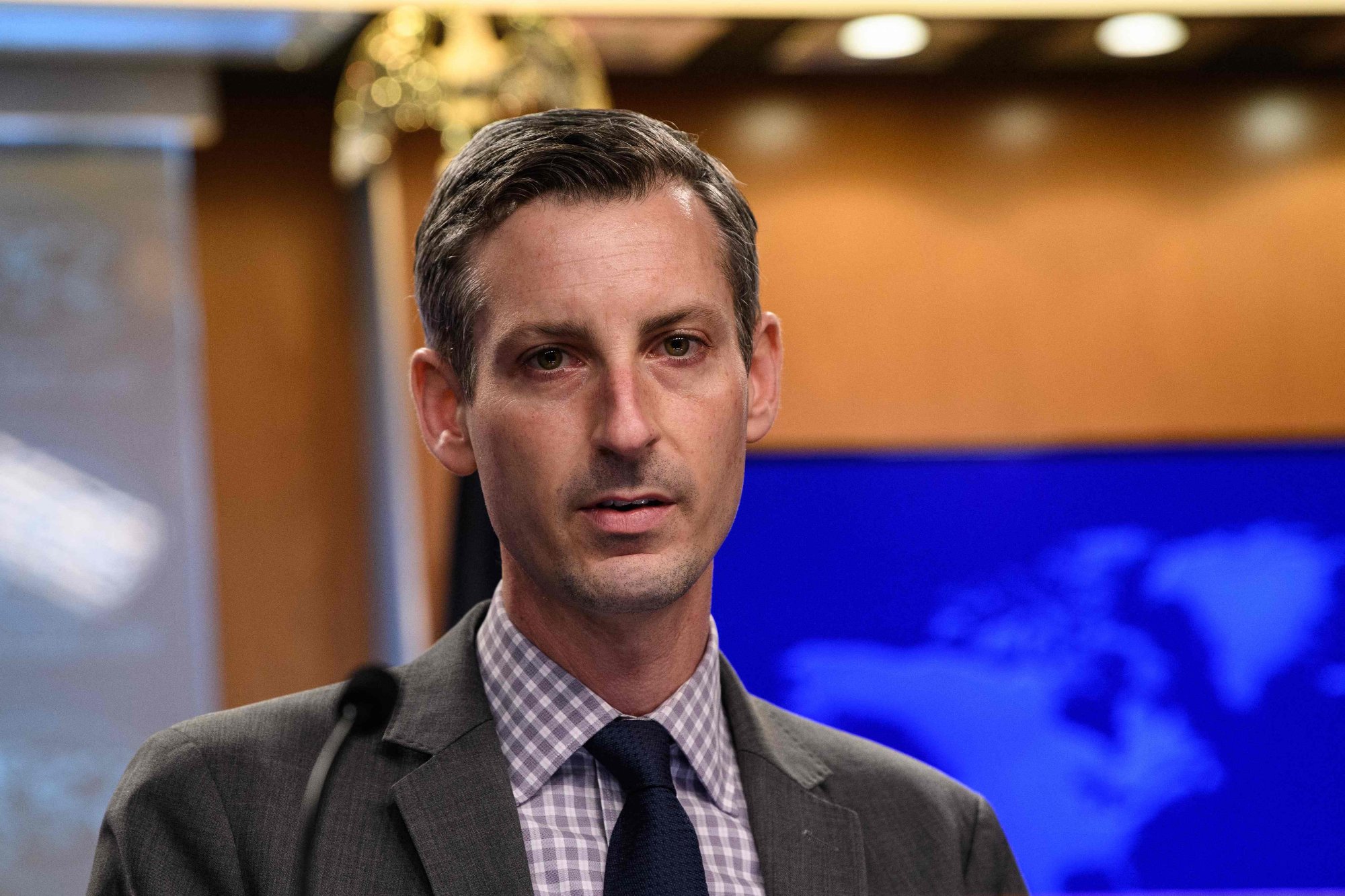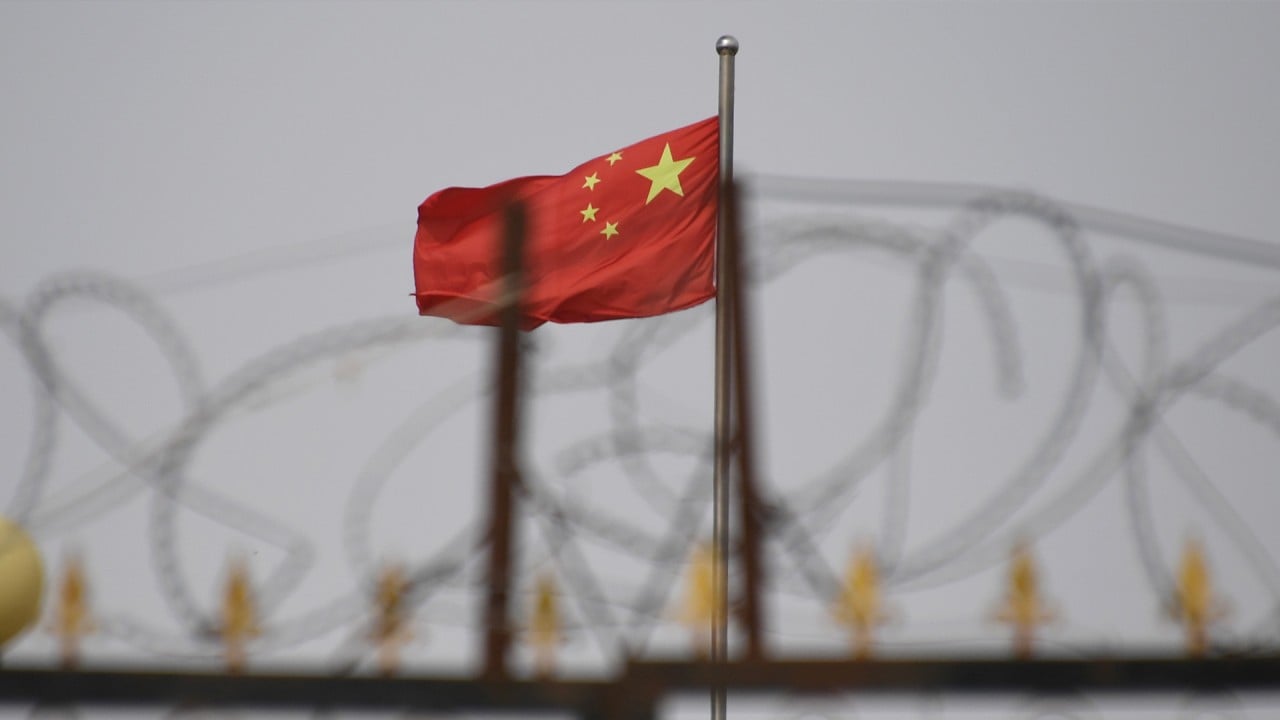
US considers joint boycott of 2022 Beijing Winter Olympics
- Calls have grown for the US to back out of the Games because of alleged human rights violations in China
- State Department spokesman Ned Price stressed the need to work with allies so that any step the US takes will have more influence on Beijing
A boycott by the US in coordination with Washington’s allies “is something that we certainly wish to discuss,” State Department spokesman Ned Price told reporters, adding that discussions on the matter “are under way”.
“A coordinated approach will be not only in our interests but also in the interests of our allies and partners,” he said.
Joining scores of advocacy groups including the World Uygur Congress and the US Tibet Committee, US Republican Senator and former presidential candidate Mitt Romney called for an economic and diplomatic boycott by US delegates, corporations and tourists in a column in The New York Times on March 15.
However, Romney - who had overseen the 2002 Olympics in Salt Lake City, Utah - expressly did not call for US athletes to forego competing at the Beijing Games.
Price cautioned that the 2022 Olympics games – scheduled for next February – “remain some time away”, and that he “wouldn’t want to put a time frame” on when a decision might be reached.

The US Olympic Committee did not immediately respond to a request for comment about Price’s remarks.
“It is ... time for President Biden to lead America and the world and make clear that the United States will never tolerate the oppression and genocide occurring in Communist China,” Scott said.
Beijing 2022 Winter Games boycott ‘ineffective’, says US Olympic committee president
It was unclear how Biden would accomplish that; the games are awarded by the International Olympic Committee, a non-governmental organisation based in Switzerland.
Scott, one of Washington’s most vocal China hawks, called Biden hypocritical for supporting a decision by Major League Baseball last week to move its All-Star Game out of Georgia in response to the state’s newly passed voting law, but not take a stand on the Olympics.
“General Secretary [Xi Jinping’s] atrocious acts can’t be ignored and Communist China can’t be allowed to whitewash its crimes on an international stage,” Scott said. “President Biden has immense power to help facilitate the relocation of the games, which I have urged him to do.”


